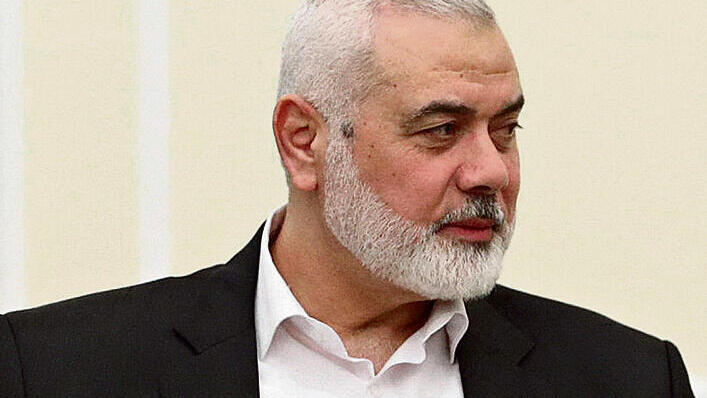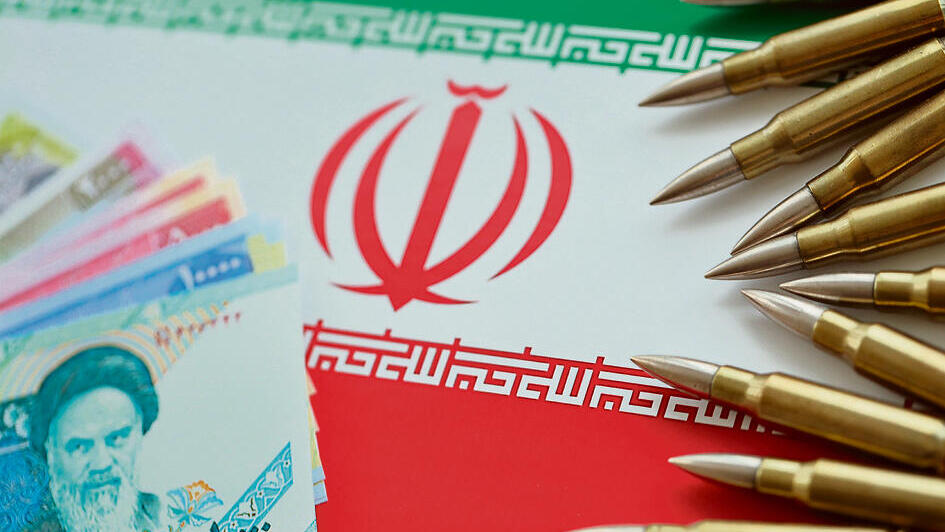Getting your Trinity Audio player ready...
The assassination of Ismail Haniyeh in Tehran late last month has drawn attention to his estimated $2.5 billion fortune, which supported his lavish lifestyle. Western intelligence agencies are expected to track this wealth, as it could provide crucial financial support to Hamas if not intercepted.
Terrorist organizations often use methods akin to those employed by criminal enterprises to fund their activities. Consequently, the Financial Action Task Force (FATF)—an intergovernmental organization combating money laundering—is intensifying global efforts to combat terrorism financing and the associated money laundering operations.
In Israel, these efforts are spearheaded by the Defense Ministry's National Bureau for Counter Terror Financing, formerly part of a special Mossad unit.
Traditional tracking of international money transfers has relied on computer systems that compare data against blacklisted individuals and entities while identifying suspicious transfer patterns. However, these systems struggle to independently process large data volumes and require regular updates to match the evolving tactics of terrorist organizations.
According to a recent FATF report, groups like Hamas, Hezbollah and Yemen's Houthi rebels employ various funding methods, often using donations channeled through seemingly legitimate means. These include humanitarian and charitable organizations, crowdfunding sites, social media platforms and cryptocurrencies, often in combination. For instance, a social media crowdfunding campaign might solicit contributions in Bitcoin.
Nevertheless, a significant portion of their funding originates from countries like Iran, as well as from drug trafficking and arms smuggling. These funds are often transferred through nations that either support terrorism or overlook it or through international banking channels.
Haniyeh's wealth was likely accumulated and maintained under the names of close associates and shell companies, with plans for distribution to his "heirs," family members, and "friends" via international financial networks.
Israeli tech company ThetaRay has made strides in combating terror financing with its AI-based, machine learning system. This technology, easily integrated into global financial institutions, analyzes data to detect unusual money transfers down to specific accounts.
ThetaRay claims that unusual financial behaviors leave detectable trails. Their system can identify such activities with high accuracy, flagging transactions and transfers warranting further investigation, even within ostensibly benign accounts. It meticulously examines transactions in real-time, flagging those potentially linked to politically exposed persons or entities and individuals subject to international sanctions.
Banks and financial institutions invest heavily in detecting suspicious activities, as Western governments enforce stringent regulations requiring them to trace the origins of funds passing through their systems—failure to comply results in severe financial penalties.
Founded in 2013, ThetaRay employs 200 people in Israel, with offices in London and New York. Its system is operational in over 100 leading financial institutions across 40 countries.




